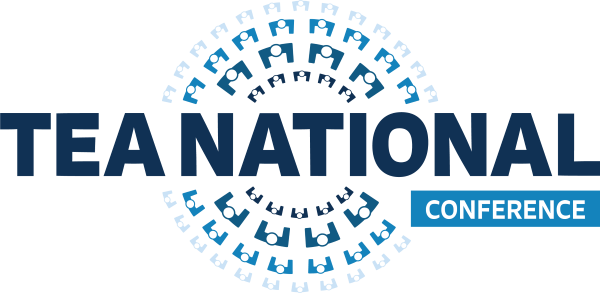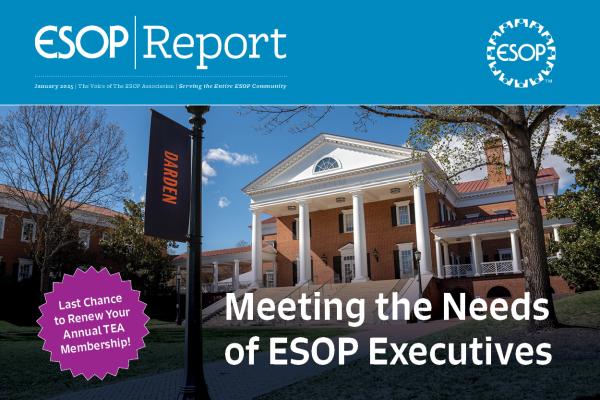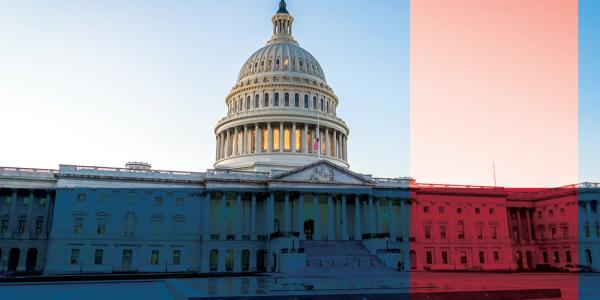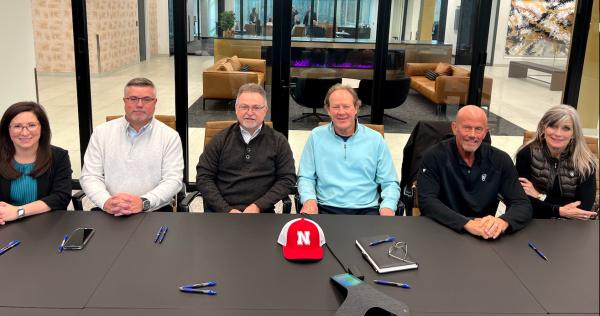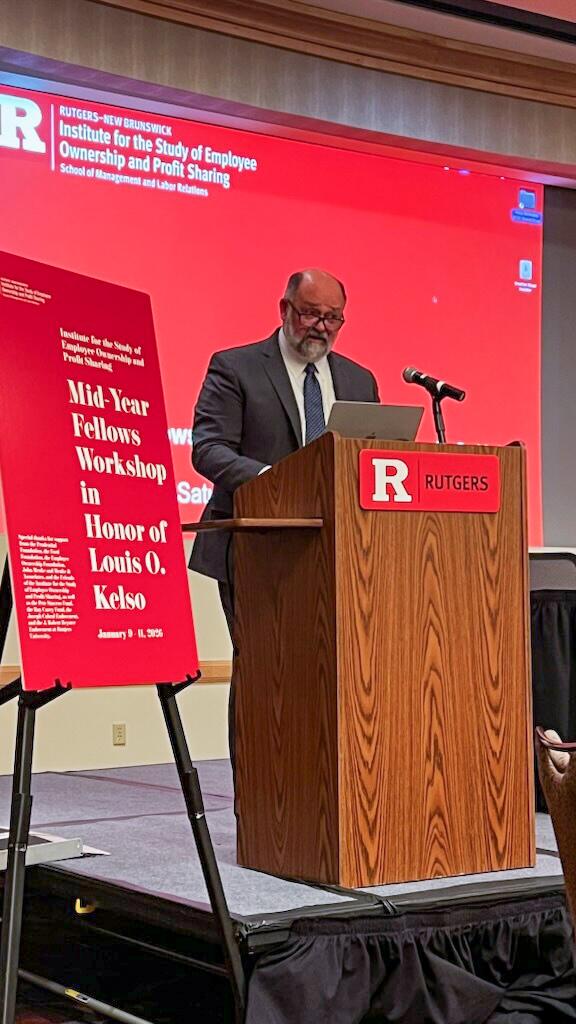Congressman Rick Allen (GA) Leading House Effort on Major ESOP Association Legislative Priority to Provide Regulatory Certainty for ESOPs
Congressman Rick Allen, Chair of the Education & Workforce Subcommittee on Health, Employment, Labor, and Pensions, has introduced legislation to provide regulatory clarity for the process of valuing ESOP stock, a key priority for The ESOP Association and its membership.
“The Retire Through Ownership Act will help eliminate decades of bias by career litigators at the Department of Labor and encourage new ESOP formation by removing a significant burden for fiduciaries who follow long-established valuation principles,” said James Bonham, President and CEO of The ESOP Association. “Growing ESOPs and employee ownership has wide bipartisan and bicameral support in Congress, and we are grateful to Congressman Allen for his leadership on this vitally important issue.”
The Retire Through Ownership Act (HR 5169) would offer a clear regulatory pathway for new ESOPs on the issue of adequate consideration in the absence of guidance from the Department of Labor. The bill would allow an ESOP plan fiduciary to rely in good faith on an independent professional expert business appraiser who adheres to IRS Revenue Ruling 59-60, a longstanding and accepted ruling governing valuation practices.
The companion legislation in the U.S. Senate, S. 2403, sponsored by Senators Roger Marshall (R-KS) and Tim Kaine (D-VA), was unanimously passed out of the Health, Education, Labor and Pensions (HELP) Committee in July.
The bill states an ESOP fiduciary “may in good faith rely upon a valuation provided by an independent valuation or business appraiser if such expert or appraiser relied upon the principles and methodologies set forth in Internal Revenue Service Ruling 59-60…in determining the fair market value of an asset.”
Without clear legislative or regulatory guidance, ESOP fiduciaries have been required to operate under a cloud of uncertainty and potential liability, even when they are acting prudently and in good faith by hiring qualified, independent business valuation experts. As this guidance is currently non-existent, this bill provides much needed clarity.
IRS ruling 59-60 is well understood and broadly accepted and recognizes the myriad factors a professional business appraiser should consider in forming a valuation for closely held businesses. By properly aligning ERISA with long-existing valuation guidance, this legislation prevents the development of multiple competing, or even conflicting, processes or procedures within federal policy, thereby limiting the risk of conflicting interpretations by courts or regulators. For more than 60 years, both government officials and private sector business appraisers have successfully relied on the guidance of this IRS ruling.
In a statement upon the bill’s introduction, Congressman Allen said, "Many employers and hardworking Americans elect to pursue ESOPs to increase employee ownership and to promote a secure and prosperous retirement. Unfortunately, in too many cases, these plans face unnecessary risks due to the lack of a clear regulatory framework for valuing employer stock. The bipartisan Retire Through Ownership Act is a long-overdue course correction that will help ensure those who pursue ESOPs can do so with confidence and enjoy a secure retirement."


